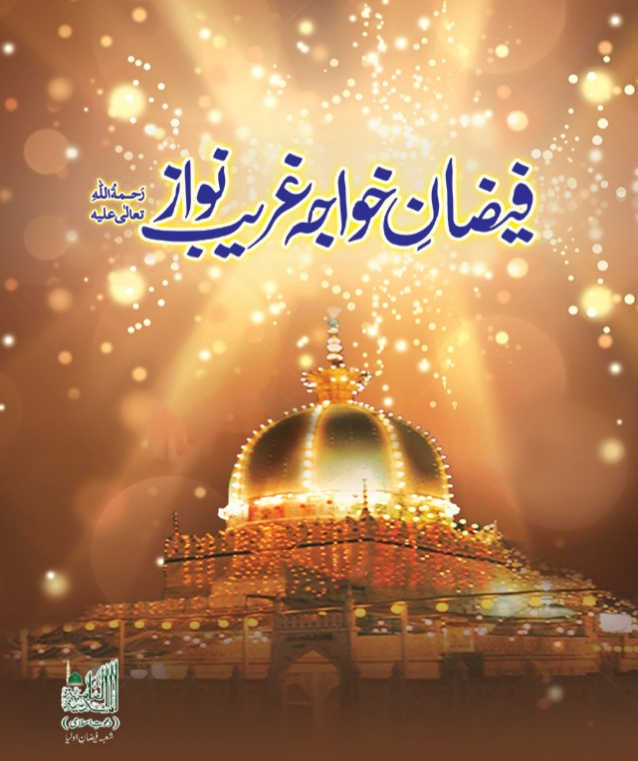FWP:
SETS == I AND; IDIOMS
This one is the second half of a sort of quasi-verse-set; for more on this, see {71,8}. The commentators have spoken of the untranslatable colloquial charm of kuchh ġhaẓab nah huʾā ; I've been searching for counterpart English phrases, but not with much success. 'It wouldn't do any harm'; 'Nothing so awful would happen'; 'It wouldn't be the end of the world'. There's a sarcastic, hyperbolic quality that works most enjoyably in the context. Compare the similar sarcasm in {124,1}.
More possible to convey in English is the pleasure of the second line. 'Protector of the Poor' is a formal title appropriate to a king or saint, and is especially used for Khvajah Mu'in ud-Din Chishti, whose dargah (pictured below) is in Ajmer. Undoubtedly the lover is poor [ġharīb]-- and also of course 'strange, wonderful unique' (see the definition above). And to call the beloved 'Protector of the Poor' is a deft touch, mischievously converting a religious claim on a saint into a claim for attention from one's beloved. It evokes {162,9}, in which the cry of a wandering ascetic is similarly approp riated into a sort of flirtatious, erotic suggestion.
Needless to say, such an epithet as 'Protector of the Poor' is also a notable invitation to sarcasm, and thus works well with the previous verse. Nazm praises the hyperbolic quality of the second lines of both verses, linking the sarcastic over-the-topness of the humble prostrations with the similar quality of a saintly epithet like 'Protector of the Poor'.
Here's my long-ago attempt at a translation (1985).
For more 'you and I' verses, see {71,2}.
Note for grammar fans: Here's an intriguingly doubled example of the perfect used in place of the subjunctive (on this see {35,9}). The literal grammar of the first line is '[When] you asked about me, then nothing so awful occurred'. That's a possible reading, but much less piquant than the one generally adopted by the commentators. For the colloquial reading makes it a proposed action, and one rendered doubly dubious by the use of two subjunctives ('If you would ask about me, then nothing so awful would occur'). This kind of hypotheticalness, inshāʾiyah to the max, is far more suggestive, multivalent, and amusing.
Compare a somewhat similar, though more enigmatic, verse of Mir's: M{1076,4}. And there's Mir's use of the same ġhaẓab construction in M{775,5}.

Nazm:
In this verse, kuchh ġhaẓab nah huʾā is replete with meanings. If instead of this phrase he had said [any other form of words], then the words would simply have expressed a meaning, it would not be an invention [ījād].... Only the word ġhaẓab [is such] that a whiff of complaint comes from it, and it conveys the information that his heart is in a complaint-filled state....
In both these verses [this and the previous one, {71,8}] there is exactly the same excess/extremity [ġhāyat]. And both verses are in a mode of thankfulness, and the claim of a mode of thankfulness is that when giving thanks, to prolong the expression of gratitude is attractive. And for this reason a line in which there's hyperbole [it̤anāb] goes even beyond the claims of the mode-- in comparison to the proportionate line, that is, the hyperbolic line is eloquent [balīġh], and the proportionate line non-eloquent. From the comparison of both these verses, the conclusion is that in the mode of hyperbole, proportionateness [masāvāt] reduces poetic beauty [ḥusn-e kalām]. (73-74)
== Nazm page 73; Nazm page 74